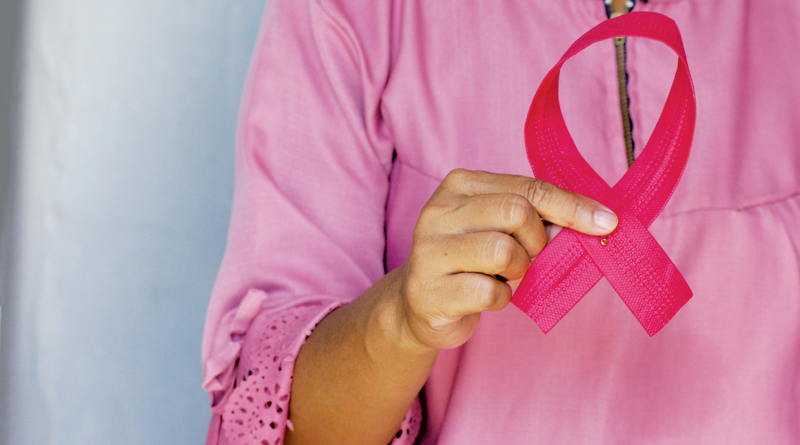Pinkwashing Leaves Some Consumers Seeing Red

Many people consider making donations or purchases supporting charities that address the prevention, education, screening, treatment, and/or research to find a cure for breast cancer or support those in the fight during Breast Cancer Awareness Month.
In the 37 years since its launch, October has been Breast Cancer Awareness Month, raising millions of dollars in research, awareness, and treatment in multiple countries worldwide. Today, Pinkwashing has changed the tone of the effort.
An estimated 1 in 8 women will develop breast cancer throughout their life, and the American Cancer Society estimates 287,850 new cases of invasive breast cancer will be diagnosed in 2022 among men and women.
Even though the pandemic is waning, many fundraising events are still virtual making it atypically easy for scammers to con donors into losing money. Or, it can be as simple as using a symbol to mislead consumers.
The pink ribbon is one of the most recognizable Breast Cancer Awareness Month campaigns as found on the uniforms of many professional sports teams, along with numerous products and promotions which donate a portion of their proceeds to charities focused on breast cancer research. However, there is no law or regulating agency overseeing the use of pink ribbons.
Unethical businesses and scammers try to capitalize on the prominence of these pink ribbons during October and attach them to their products and services without contributing, a practice known as ‘pinkwashing.’
Pinkwashing happens when companies market pink or pink ribbon products to their advantage making it seem like some of the proceeds are going to charity, but in reality, that money is staying in the company’s pocket.
BBB Serving Central Ohio’s President Judy Dollison warns, “If a promotion is promising a purchase will help a breast cancer charity, see if it clearly discloses how much of the purchase will go to the specified organization. Watch out for vague language such as “a portion of proceeds.”
BBB recommends checking a charity’s profile on Give.org before donating or purchasing “pink” items to ensure that every cent will be used wisely and responsibly.
Questions to Ask Before Purchasing Pink Ribbon Items:
• Does any money from this purchase go to support breast cancer programs? How much? Inspect the product for information. Many companies clearly report on labels how much of their sales go to charity and specifically where the money goes.
• What organization will get the money? What will they do with the funds, and how do these programs turn the tide of the breast cancer epidemic?
• Is there a “cap” on the amount the company will donate? Has this maximum donation already been met? Can you tell?
• Check the company’s website. If the information isn’t on the product itself, it often can be found at a website address printed on the product packaging.
• If you still can’t find the information, call the company and ask for it. Businesses that use charity tie-ins to market their products should be transparent to consumers.
• Contact the charity directly if you have doubts they are receiving proceeds.
Tips for Avoiding Charity Scams:
• Be wary of highly emotional appeals that lack actual details about the charity.
• When contributing, do not give cash. Make a check or money order out to the name of the charitable organization, not to the individual collecting the donation.
• Watch out for excessive pressure for on-the-spot donations.
• Be wary of any requests to send a “runner” to pick up your donation.
• Be wary of charities that are reluctant to answer reasonable questions about their operations, finances, and programs. Ask how much of your gift will be used for the activity mentioned in the appeal and how much will go toward other programs and administrative and fundraising costs.
• Before you do business with a charity or company, check its BBB Business Profile on BBB.ORG.
• Check the charity’s profile on Give.org. Checking the charity’s profile on Give.org provides in-depth information based on the 20 BBB Standards for Charity Accountability. Charities can also apply to become a Wise Giving Alliance (WGA) Accredited Charity for free, and many organizations focusing on breast cancer have met accreditation standards.
- One Last Delivery After 25 Years Of Dedication To Community News - December 19, 2025
- 400 Kids Enjoy A Festive Afternoon - December 19, 2025
- Local Radio Stations Help Families With ‘Letters To Santa’ - December 19, 2025


